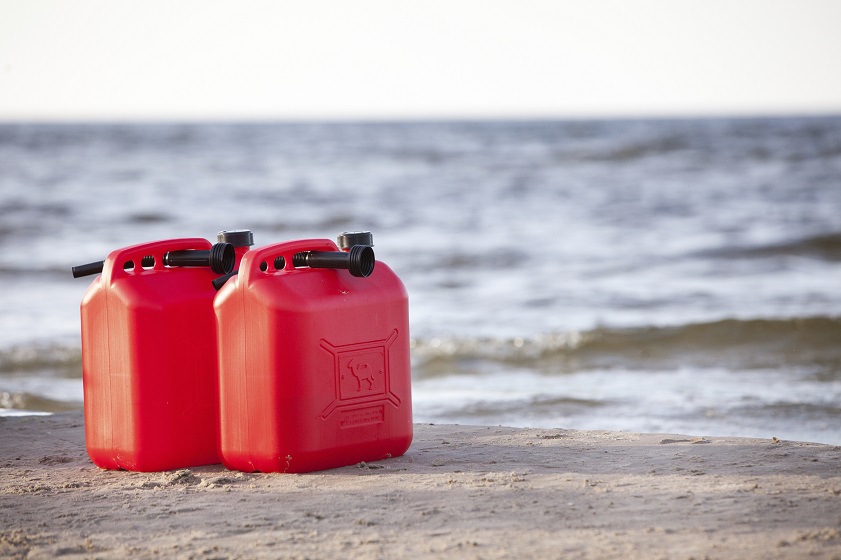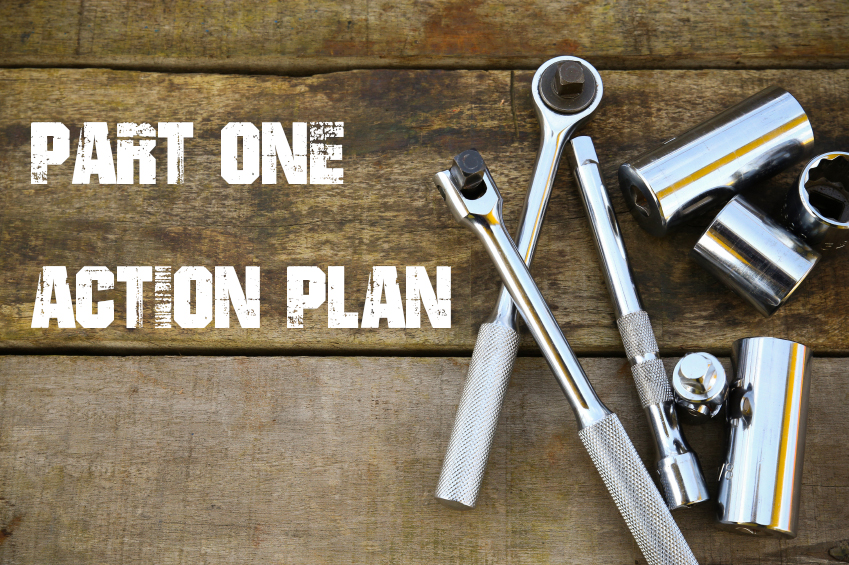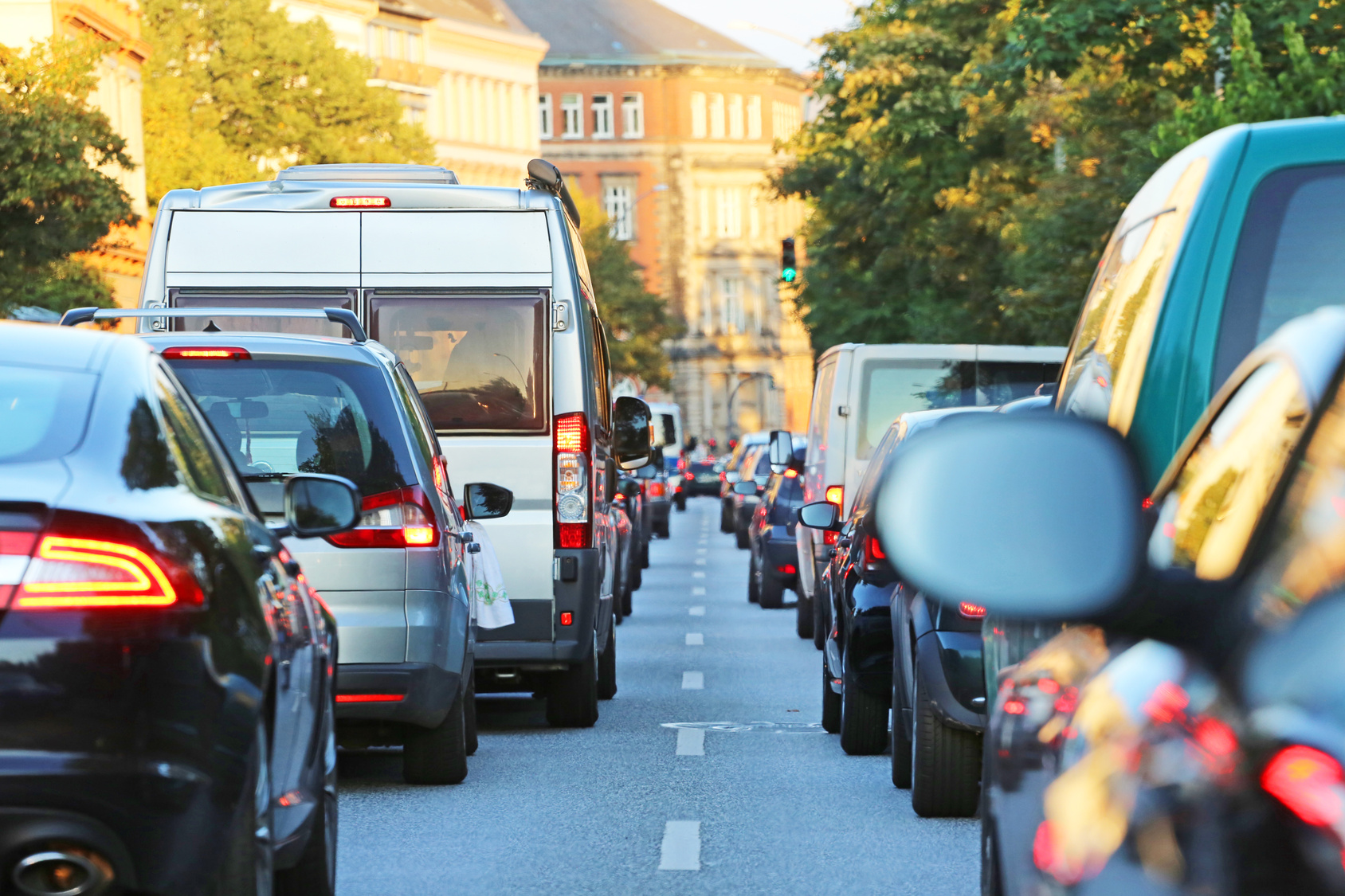Diesel prices have jumped by one-third since 2007 (and petrol by almost a quarter), so it pays to ensure your boat is running at peak efficiency. We look at the different types of boat fuel available, as well as common issues that can be a drain on your boat’s fuel – and your wallet.
Fuel types
Diesel or petrol? Diesel has a higher energy density than petrol, which means more nautical miles per litre. It also has low flammability, making it less risky to carry on board than petrol. Biodiesel is more environmentally friendly, but first check that your engine’s model, fuel tank, hoses and fuel filter are biodiesel compatible.
If you are using petrol, avoid ethanol-blended fuel as the ethanol can attract and absorb water, which can cause it to separate from the petrol.
Engine maintenance
Quite simply, a well-maintained fuel system will consume less fuel than one that has been neglected. Irregular engine use and using a fuel/oil mix can leave residue inside the fuel injectors, so make sure they are cleaned and checked periodically.
Diesel boat fuel tanks are prone to algae and bacteria deposits, which clog the fuel filter and can damage the injector pump. If you are putting your boat in storage for extended periods, consider using a fuel additive that contains biocide compounds.
Additionally, keep an eye on the colour of the exhaust smoke. White smoke can signal faulty injectors, incorrect valve timing or worn piston rings. The propeller can also be a contributing factor – is the shaft bent, the blades misaligned or the propeller covered with marine growth? Using a nozzle propeller (that is, a short duct enclosing the propeller) can improve fuel efficiency, particularly when the vessel is heavily loaded.
Engine operation
A logbook can help you keep track of how much fuel you are using under different conditions. A fuel sensor provides even more accuracy by measuring the rate and volume of fuel consumption in real time.
If you’re into waterskiing or wakeboarding, be prepared to use lots of fuel in a short period. In other situations, maintaining engine revs at 80 per cent or less will keep fuel consumption under control.
Hull maintenance
Piloting a boat with a hull that is encrusted with barnacles and other marine life is a lot like driving a car with flat tyres. A clean, well-maintained hull will reduce drag in the water and cut fuel consumption drastically. You can save on hull cleaning and repair by coating it with an anti-fouling paint that repels marine life.
Boats aren’t the most efficient vehicles even at the best of times, but with proper maintenance and good treatment you’ll be saving on more than just fuel costs in the long run.





